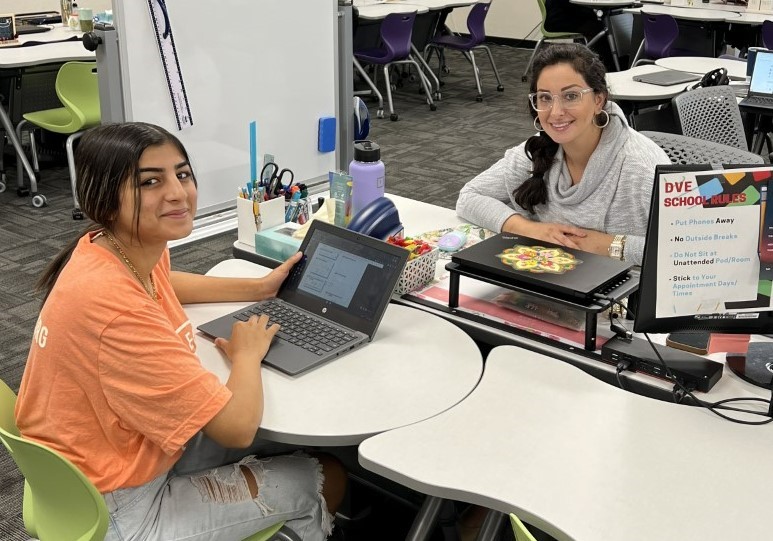
Remember when getting help with your homework at the kitchen table often ended in tears and frustration? These days, many parents are working from home but are hard pressed to find additional time to work with their children. Tutors can bridge this gap and with remote options available, they are able to connect with students now more than ever before. Whether it is helping with a single problem, or trying another approach at an entire subject, tutors are helping students catch up on and improve their academics.
“Tutoring can benefit students who are struggling catch up, and surprisingly quickly,” said Lindsay Reese of Learn4Life, a network of more than 80 public high schools that has offered a free, robust tutoring program for many years. “In-person tutoring is preferred, but if schools are only offering online tutoring, students should take advantage.”
For families where free tutoring is not accessible, the burden often falls on parents to help with schoolwork. To commemorate National Tutoring Week, October 3-7, Learn4Life tutors offer tips to help parents avoid the pitfalls of helping kids with homework.
- When tutoring on a subject, think of ways to fit in real-world practice – like planning a trip teaches geography, reading and culture. A math assignment can be an example of household budgeting or making a recipe.
- Positive reinforcement is critical. There should be no shame to being tutored. “I remind them constantly how smart they are, and the challenging nature of math has nothing to do with their intelligence,” said Mahnoosh Hojati, a tutor for 12 years at Learn4Life.
- If your student has a short attention span, long tutoring sessions won’t be productive. Lee Leal, a Learn4Life tutor has a timer clock on her desk. She negotiates with students for a set duration of non-interrupted work and then they get five minutes of being on their phone, extra snacks or other meaningful reward for their hard work.
- Encourage the joy of discovering answers. Learn4Life tutor Blair Jenkins loves to let her students see that it’s ok to not know something if you know how to find out. She shows them a process to search for solutions. “Not knowing can make you a better tutor since you share that perspective with your student. I tell my students that the brain is a muscle, and you have to tear muscles to make them stronger.”
- Watch your child flourish. Tutoring helps build confidence, improves study habits, enhances social and behavioral skills and gives students the freedom to ask questions without fear of embarrassment.
- If your school doesn’t offer free tutoring, there are often many options. Check with libraries, YMCAs, Boys & Girls Clubs and your local school district for free resources. Some schools partner with nearby colleges or universities where undergraduate students offer homework assistance for K-12 students.
Tutoring is a way to get the one-on-one, personalized attention that is ideal for learning. He/she noted that students who attend tutoring at Learn4Life earn 40 percent more credits and are three times more likely to stay on track to graduate than students who don’t.
